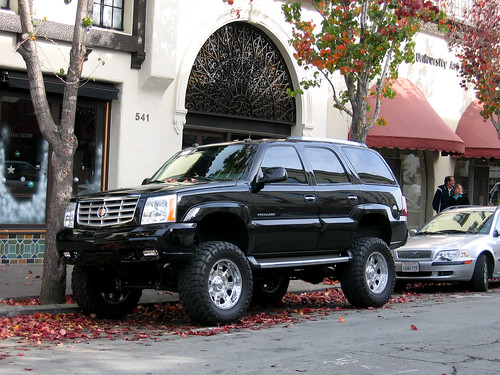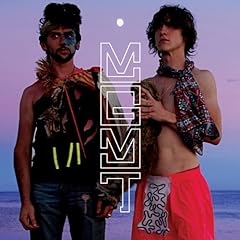They should draw an equation: What level of fame do you need to achieve to keep doing what you want? Because you don’t want any more than that.
if you get too famous, you have people wanting to take a picture of your butt on the beach.
(Tina Fey

These are quotes i read from Grant’s blog and this blog post which discusses that being big enough to do something interesting without burdening yourself is what’s hot right now…
In the 1950s, it was one size fit all: gigantic or nothing at all. We wanted groaning buffet tables. We celebrated the “good life:” by consuming heroic quantities of sugar, salt, fat, nicotine, alcohol and sun (and as much carbon as possible). We wanted cars the size of a 1958 Cadillac, block long conveyances, fins and all. We wanted more shoes the Imelda Marcos. We wanted homes the size of a small town.
The world used a Denny’s model: all-you-eat plus 3000 calories more. “No one leaves this place with an empty plate.” A Martian would wonder at this. Denny’s had given us more food than we could possibly eat. Food was being wasted.
We are hearing a “just enough” sentiment more and more. It’s as if we are as a culture working on a new definition of what’s enough.
You see it with the Green movement and in music. It’s not all about being The Beatles. This makes complete sense to me. As they say in Batman Begins, “with great power comes great responsibility.” And responsibility is exhausting if you’re a celebrity, sports hero or when you’re running your own business.
In the case of an entrepreneur, “just enough” is about control. Staying small(ish), staying private, supplying your own capital, all these mean calling your own shots. Venture capitalists and Wall Street can drive someone else crazy. The just enough entrepreneur can take his or her own chances. When it comes time to choose between interesting and profitable, you can go with interesting. Just enough in this case is about control.
One problem i see with this model is that if you don’t achieve some scale or critical mass you won’t be successful. As the world becomes advertising-based, this means the person with the most engagement, page-views, etc is the one that gets the business and can continue to operate and innovate. The smaller guy doesn’t get the PR and mindshare and thus loses the users to the bigger guy. For web applications dependent on ads, can they survive in a long-tail world?
For bands does this work – can you be a medium-sized “just enough” band and still pay the bills? Ani Difranco, Clap Your Hands, and Tori Amos would say so.












 Just read a good comment about the Music Industry on Chris Anderson’s blog:
Just read a good comment about the Music Industry on Chris Anderson’s blog:  I just finished reading the book The Dirt, a semi-autobiography of the 80’s band Motley Crue. It’s a great read that is pretty mesmorizing. All four band members write about their childhood, the crazy period where they become the most famous band in America and then the post-fame period where they turn to drugs and amazingly hot chicks.
I just finished reading the book The Dirt, a semi-autobiography of the 80’s band Motley Crue. It’s a great read that is pretty mesmorizing. All four band members write about their childhood, the crazy period where they become the most famous band in America and then the post-fame period where they turn to drugs and amazingly hot chicks.